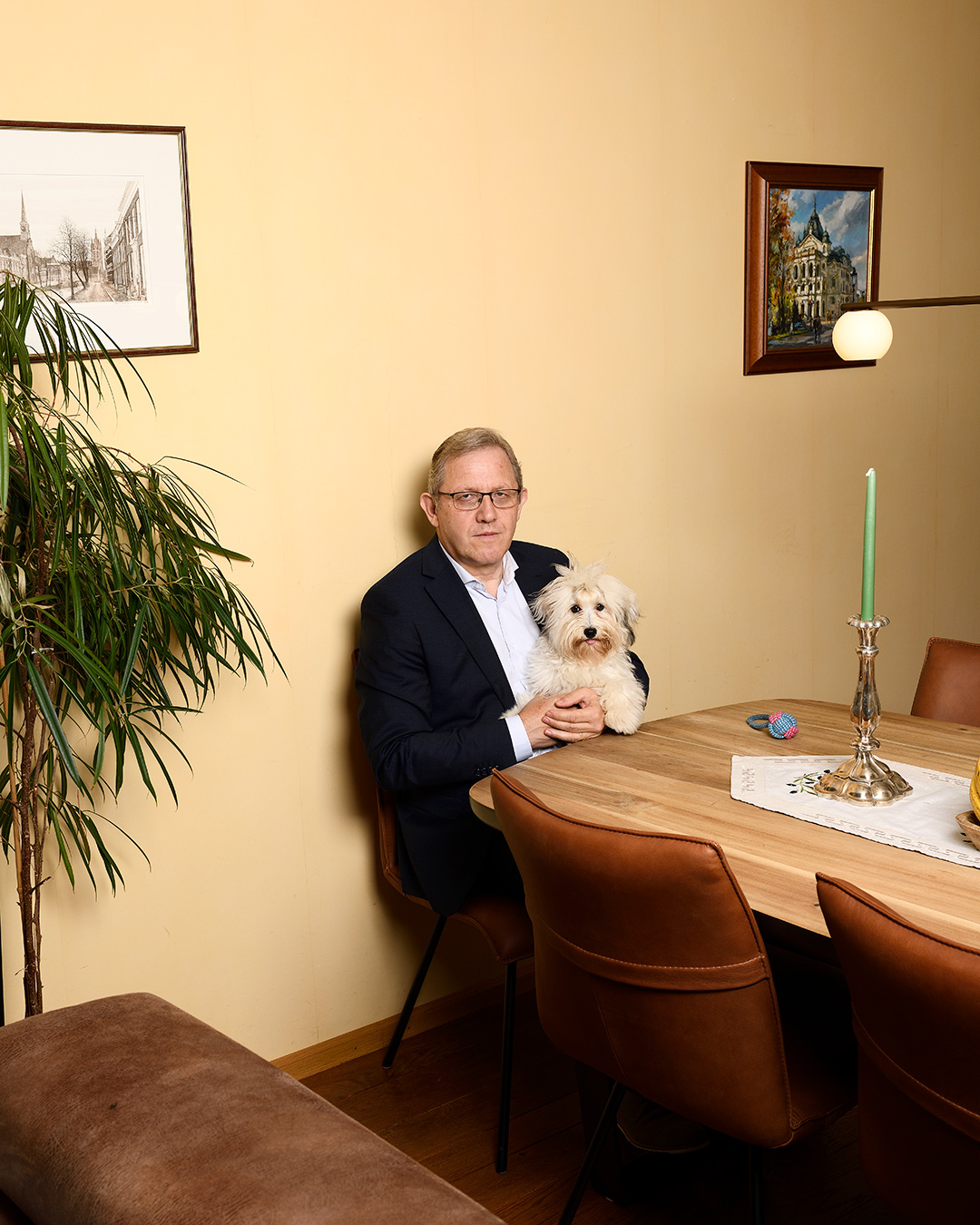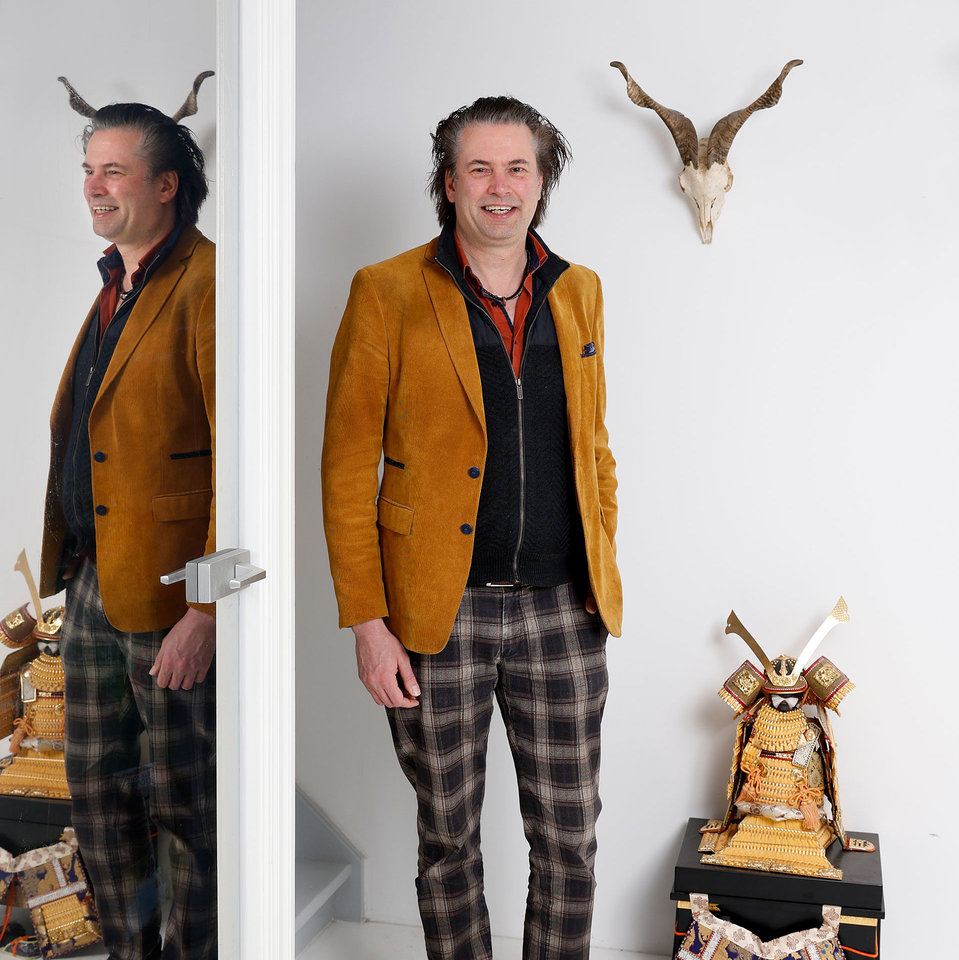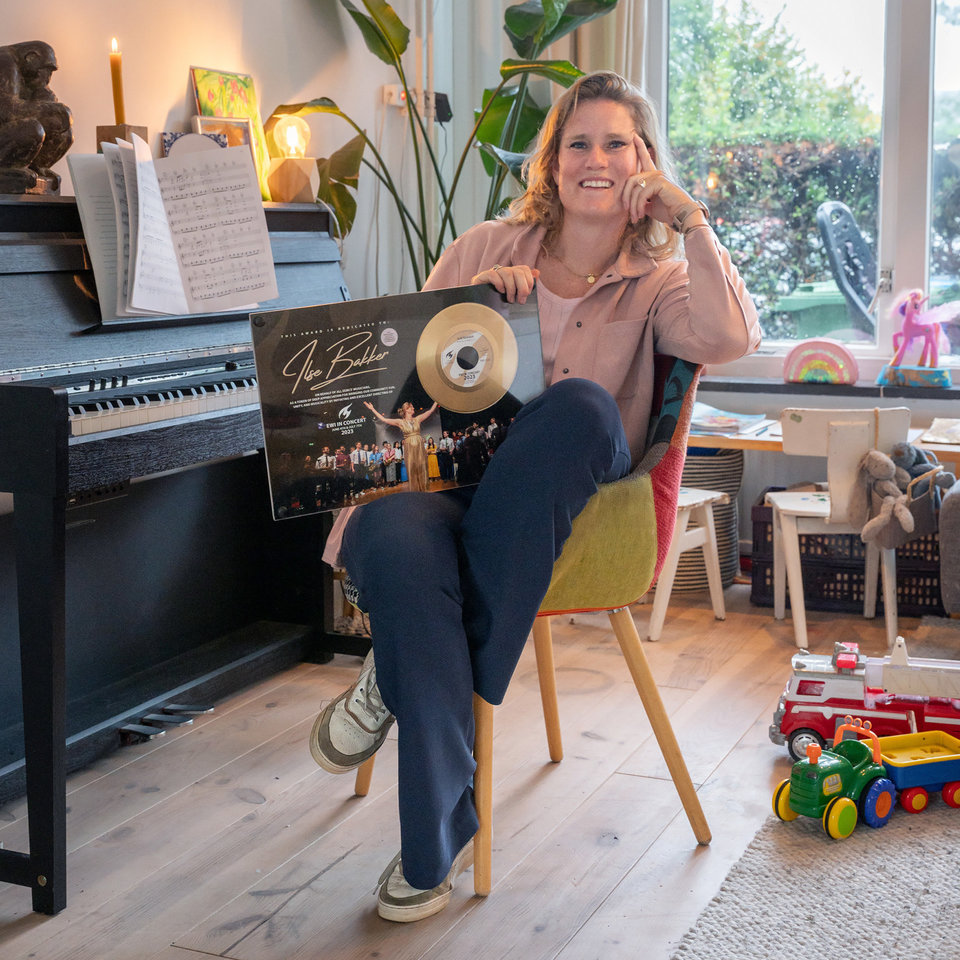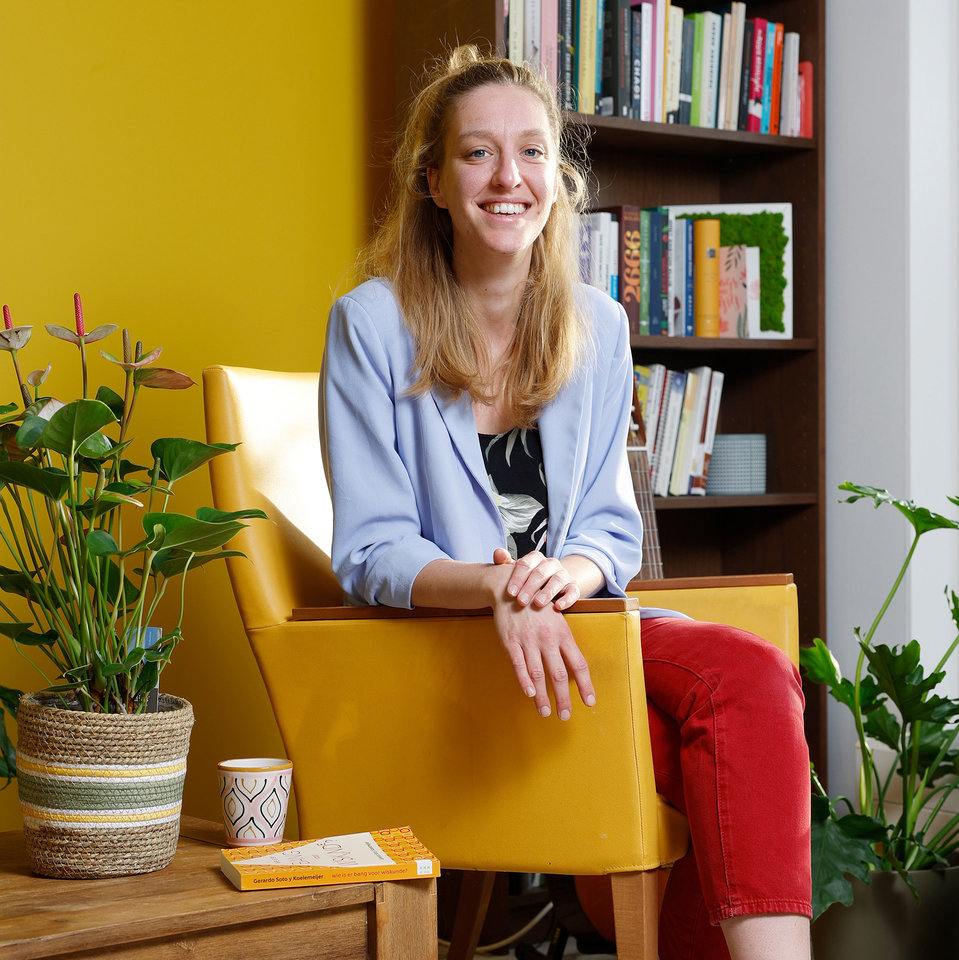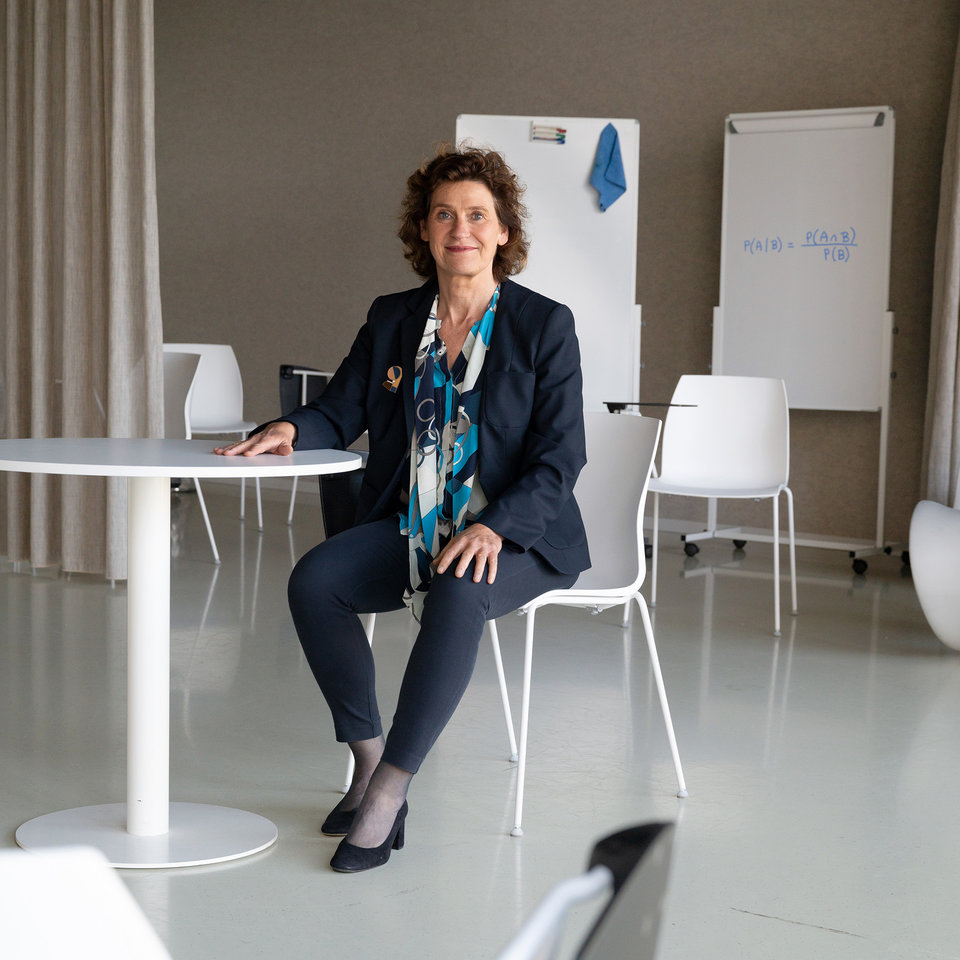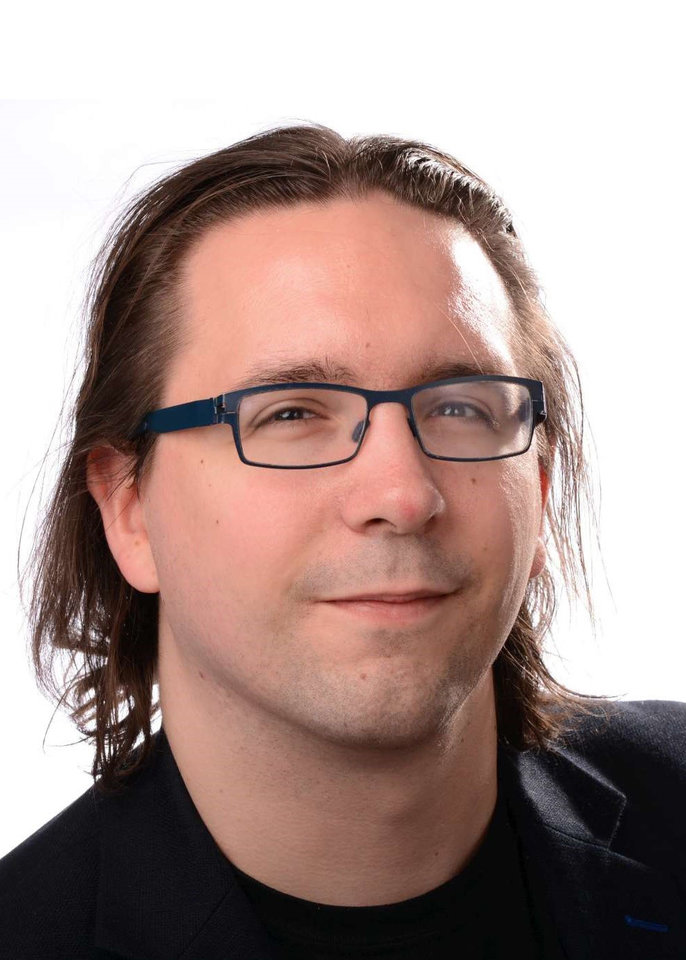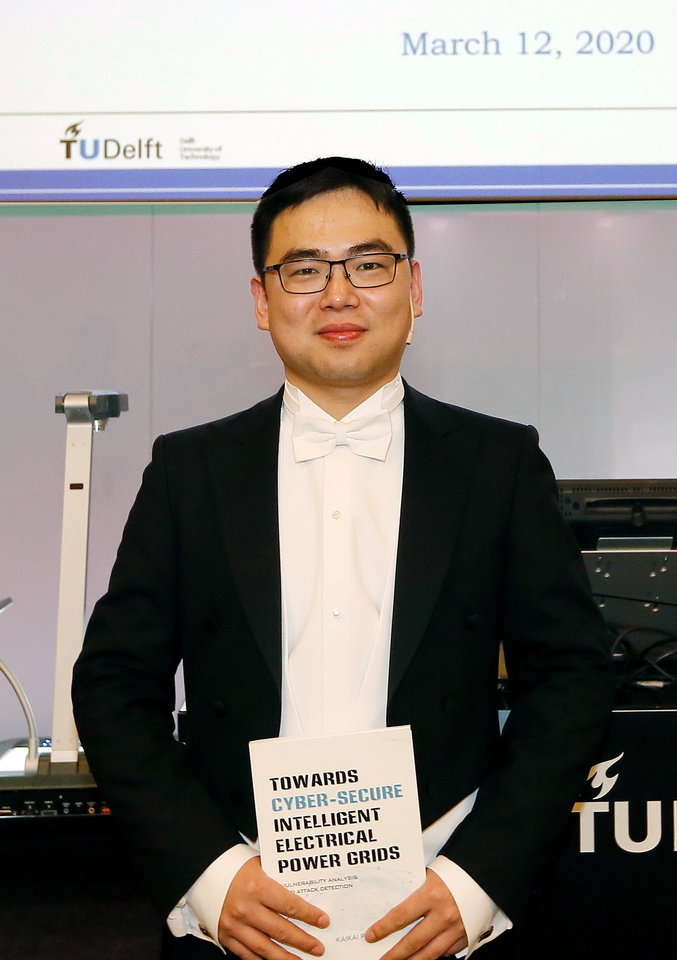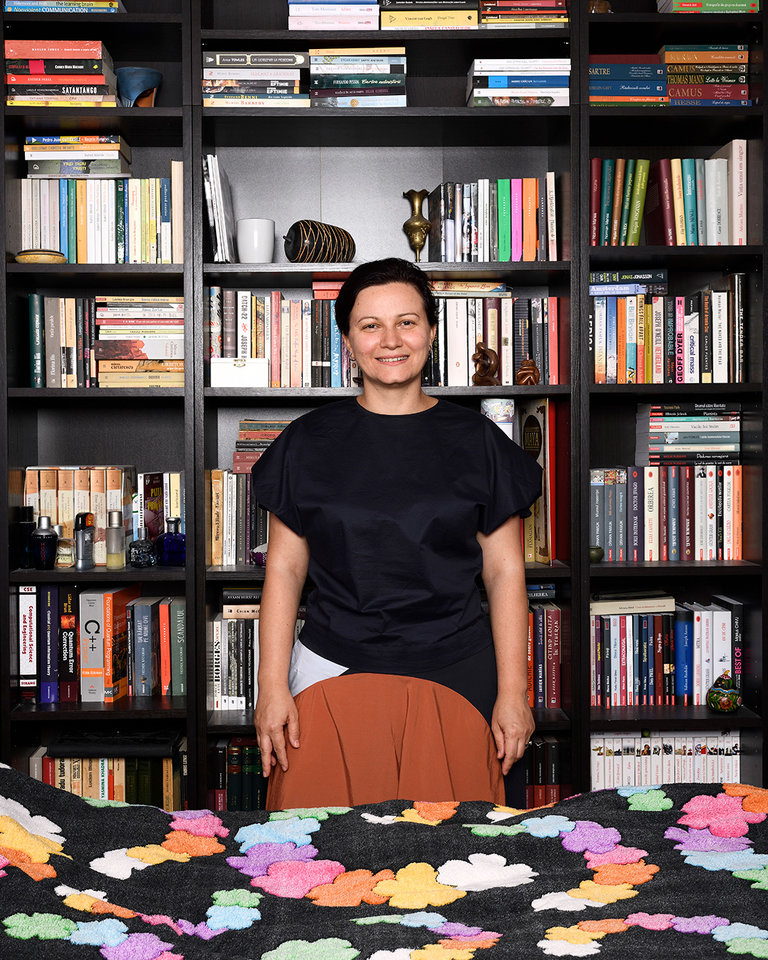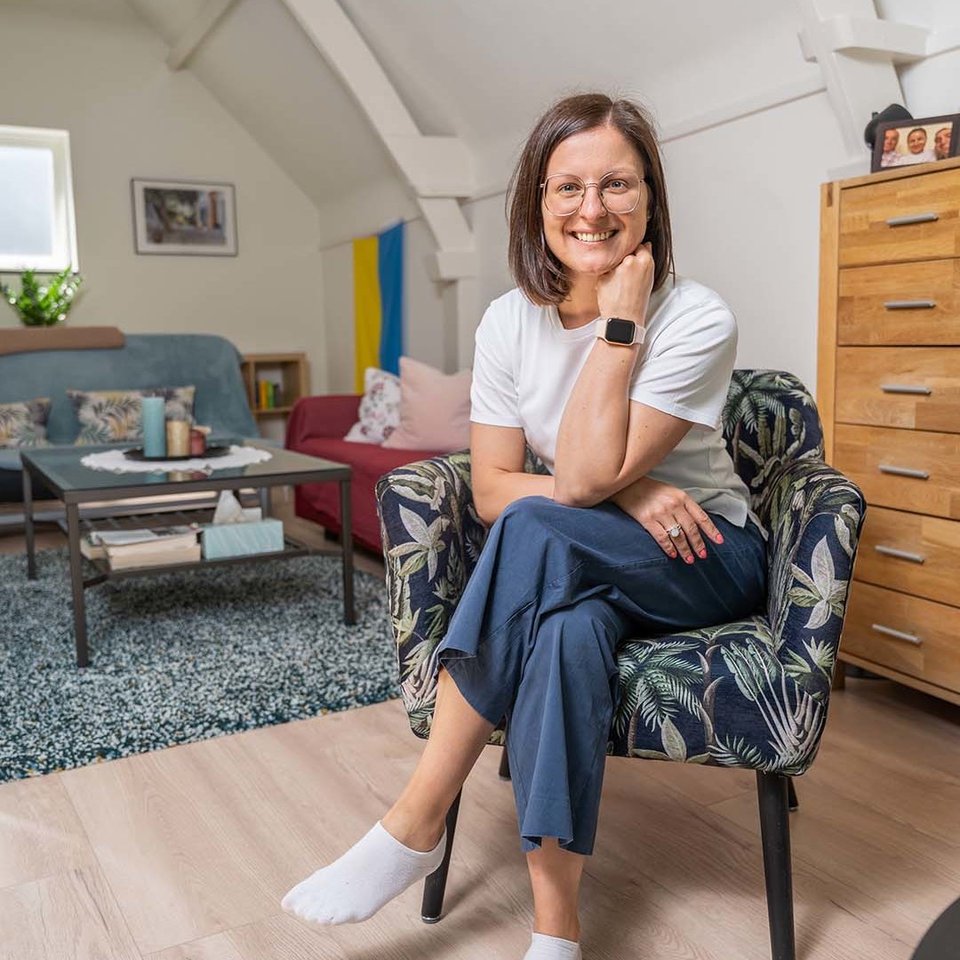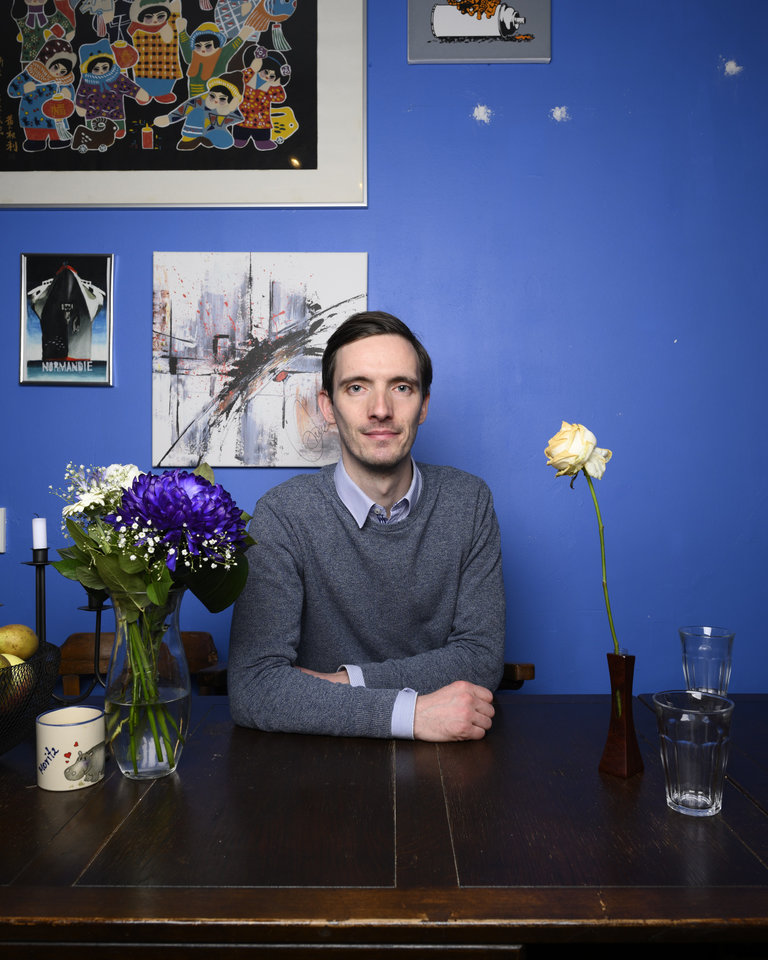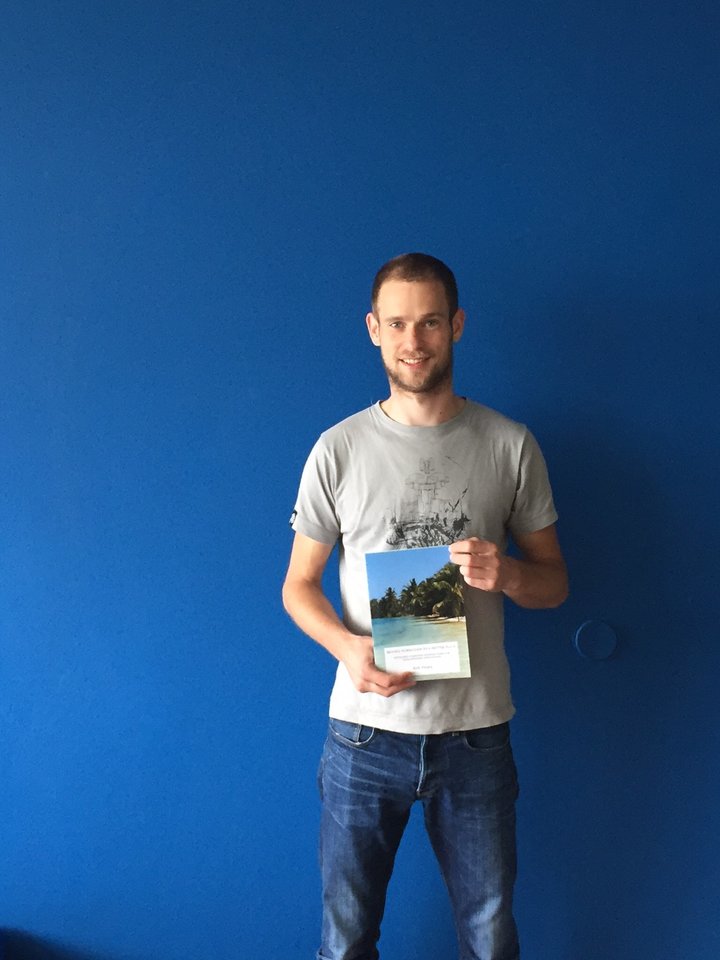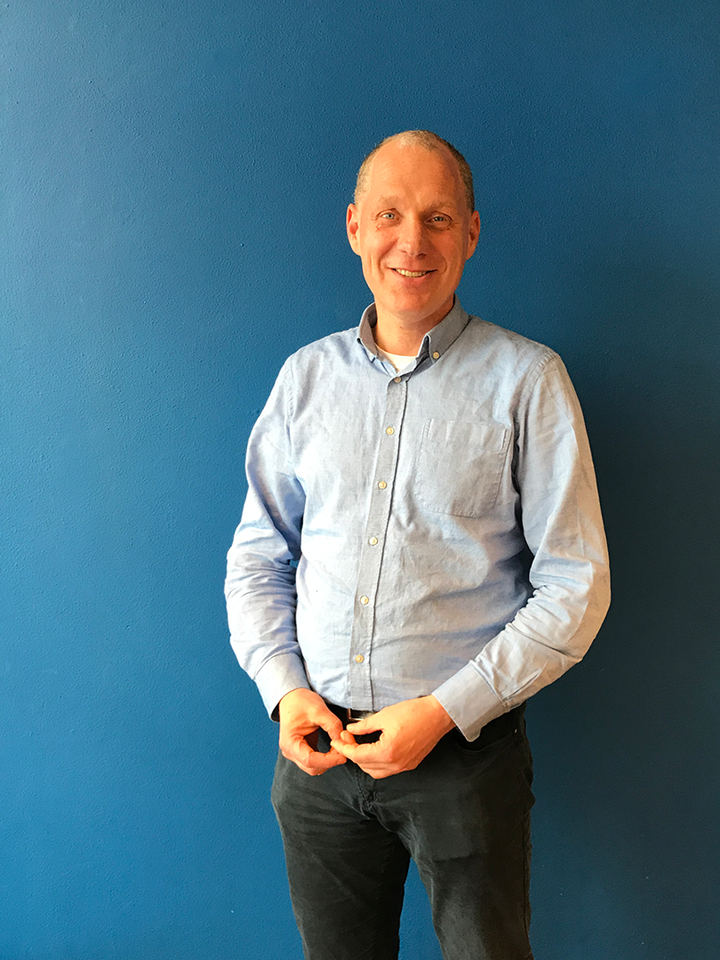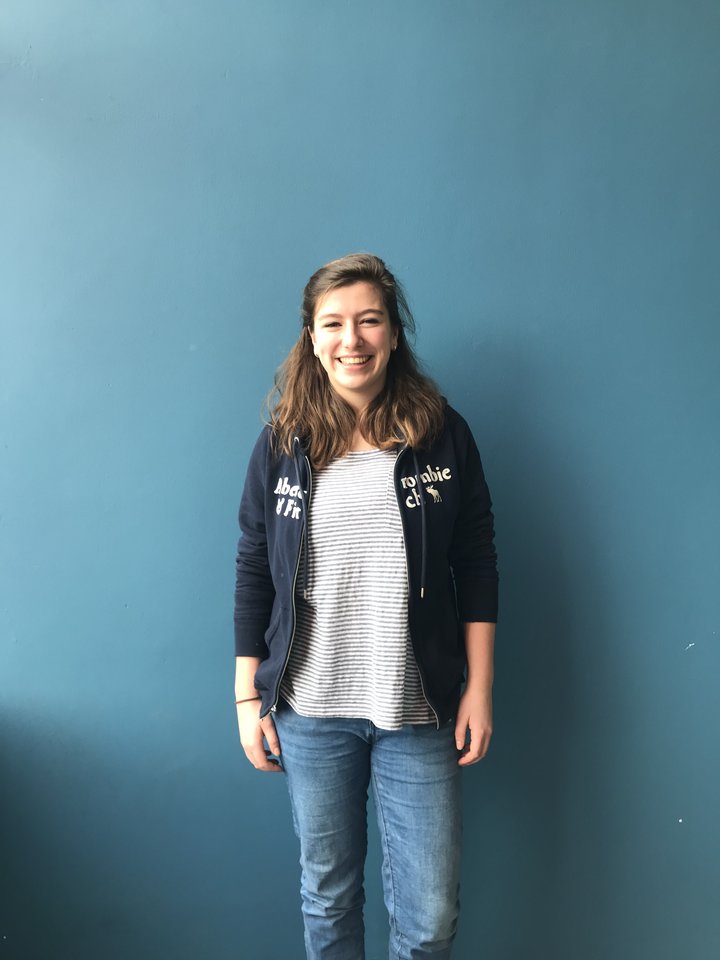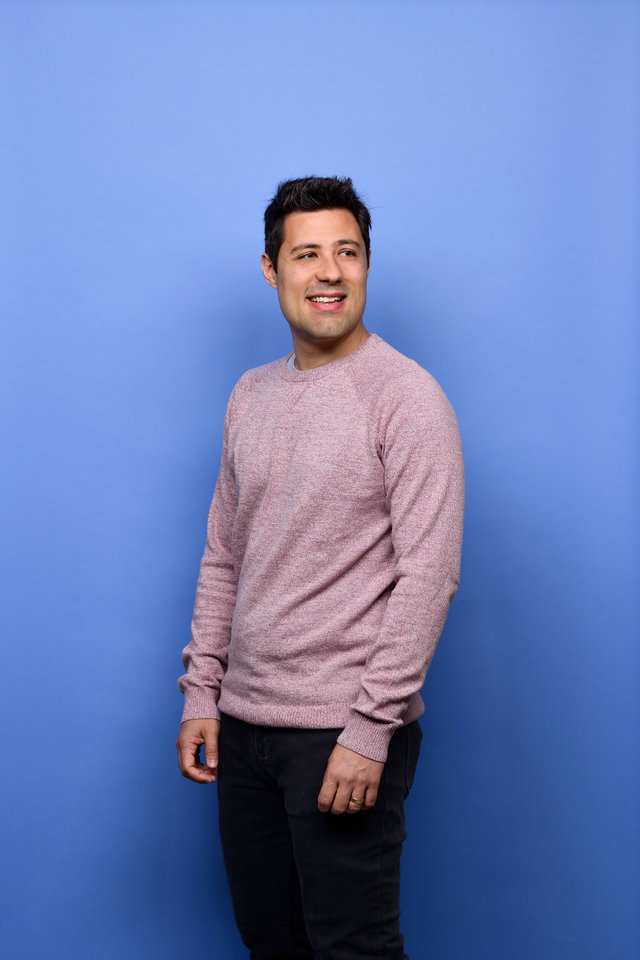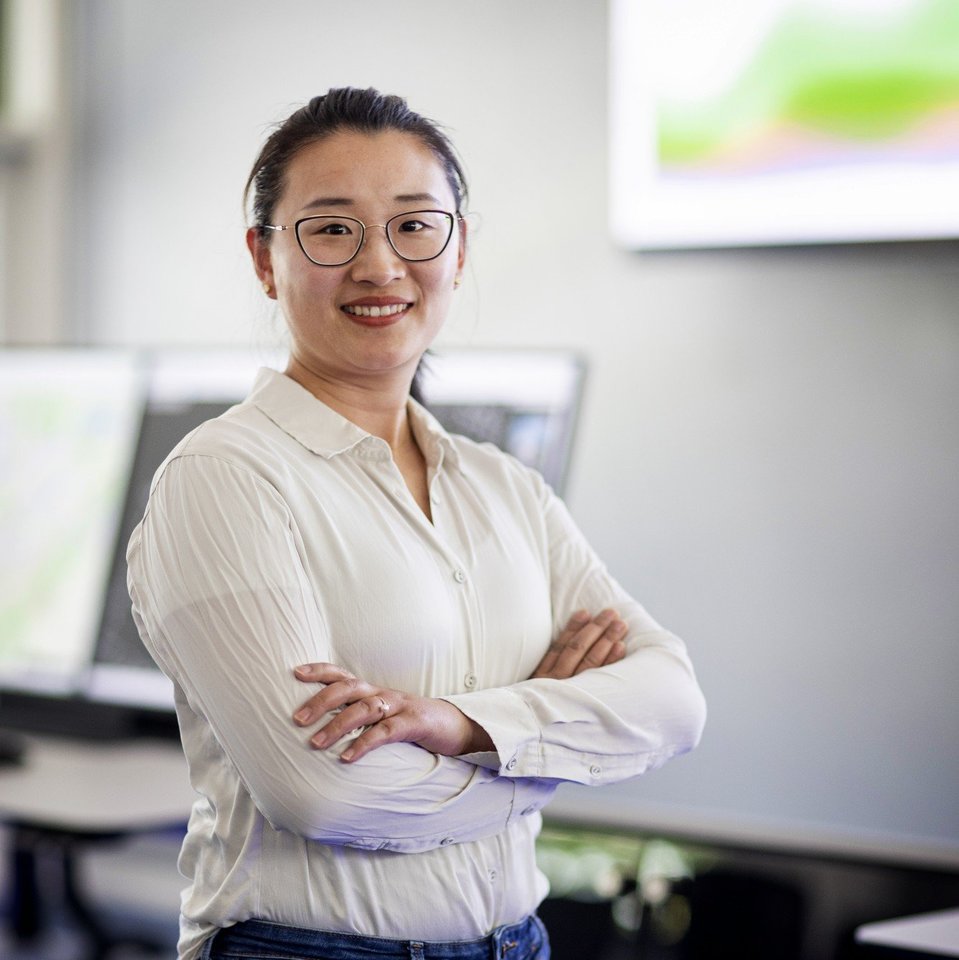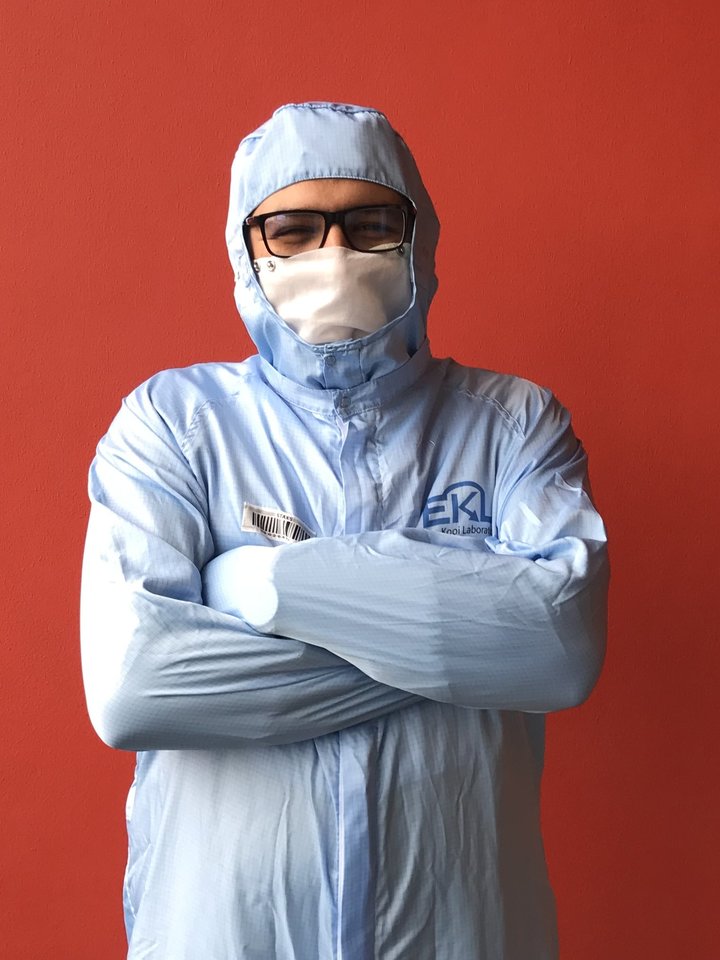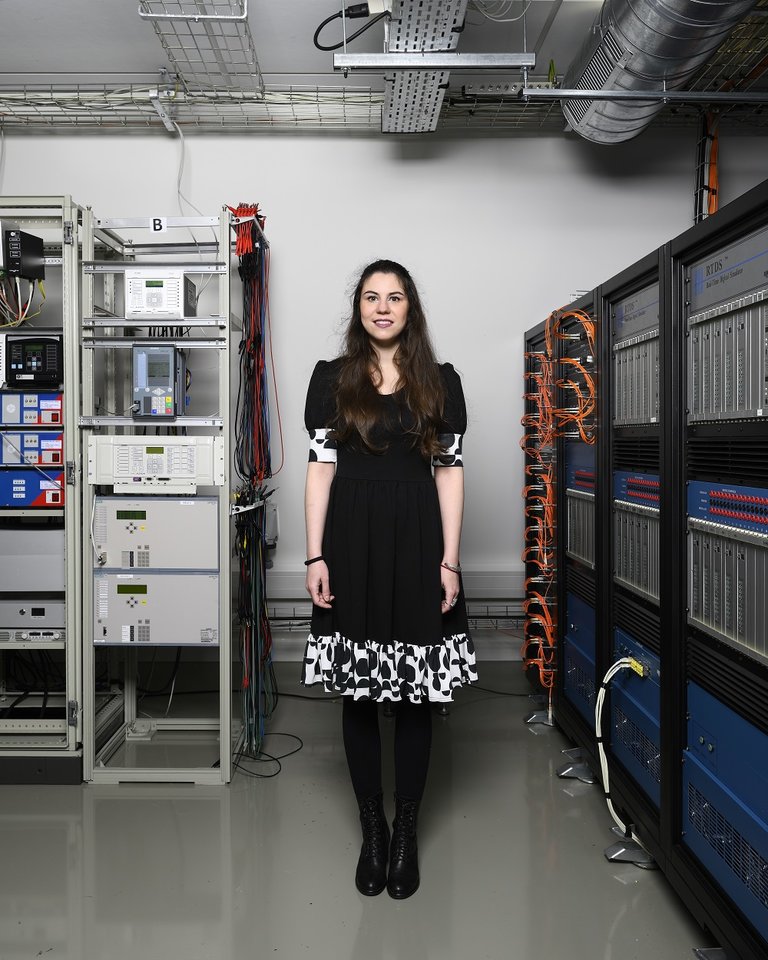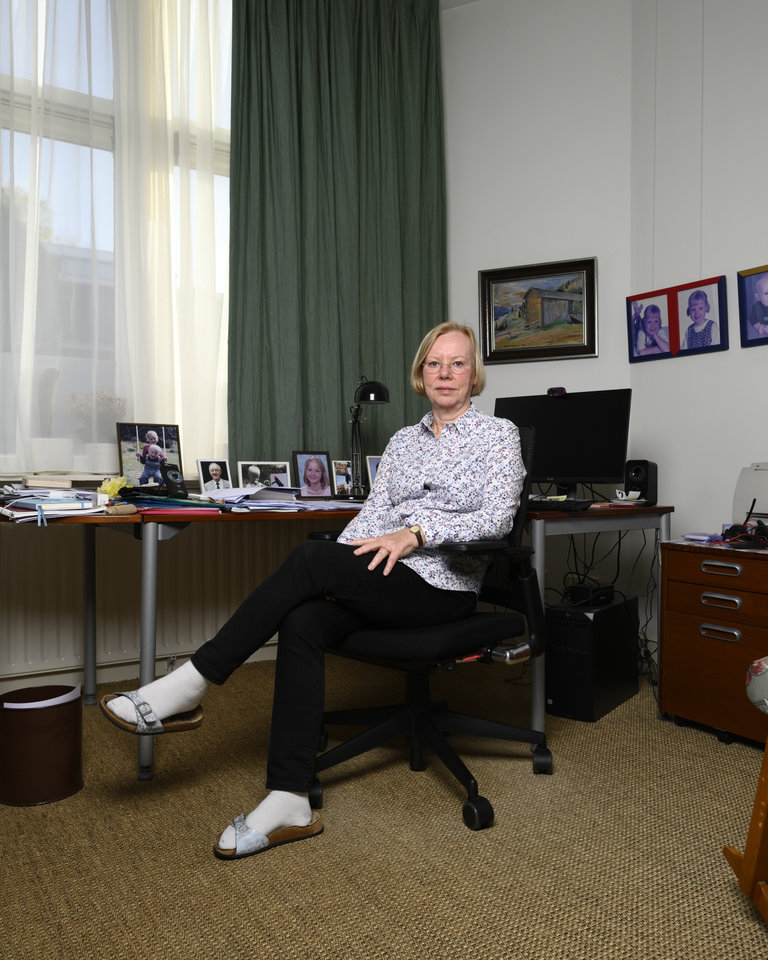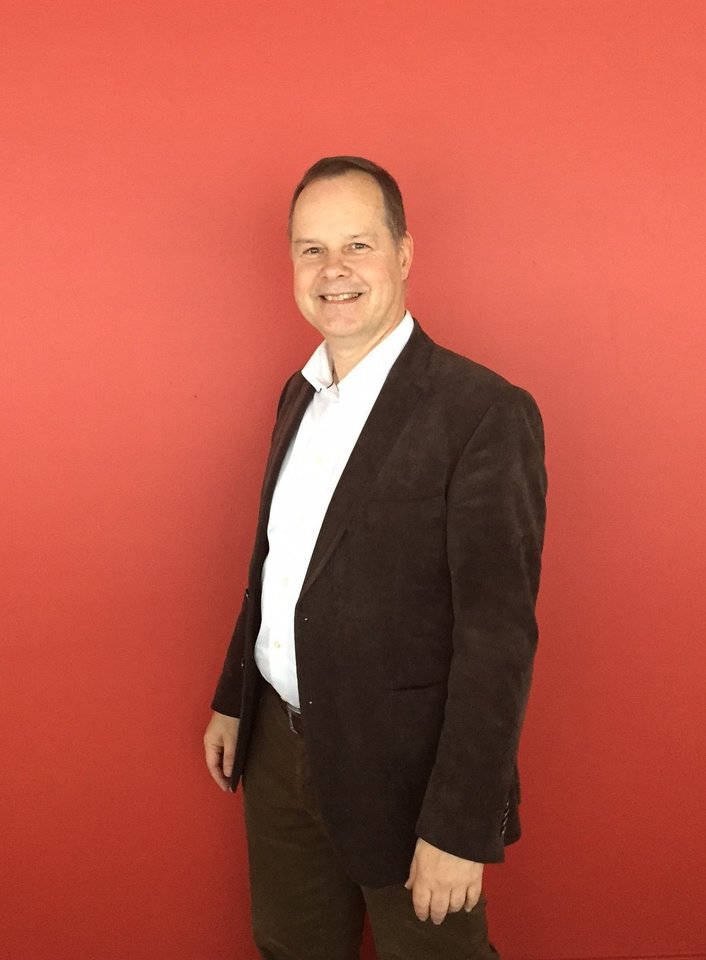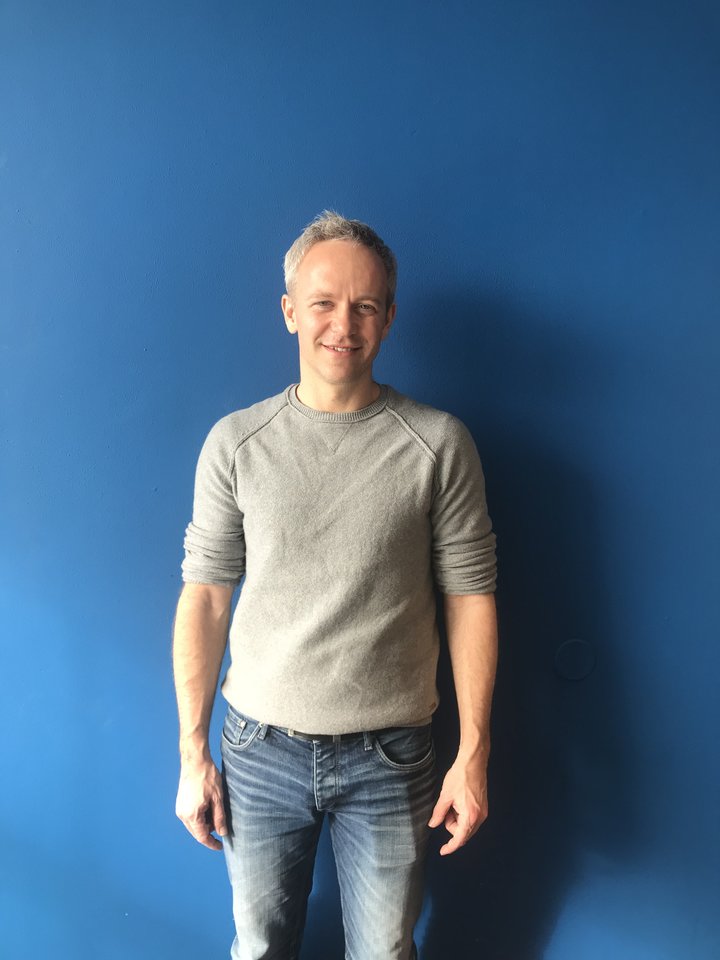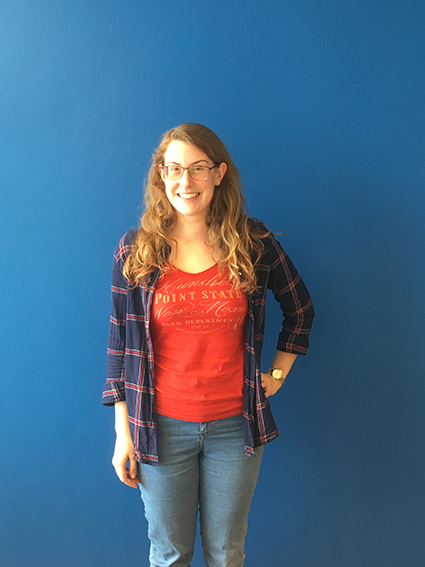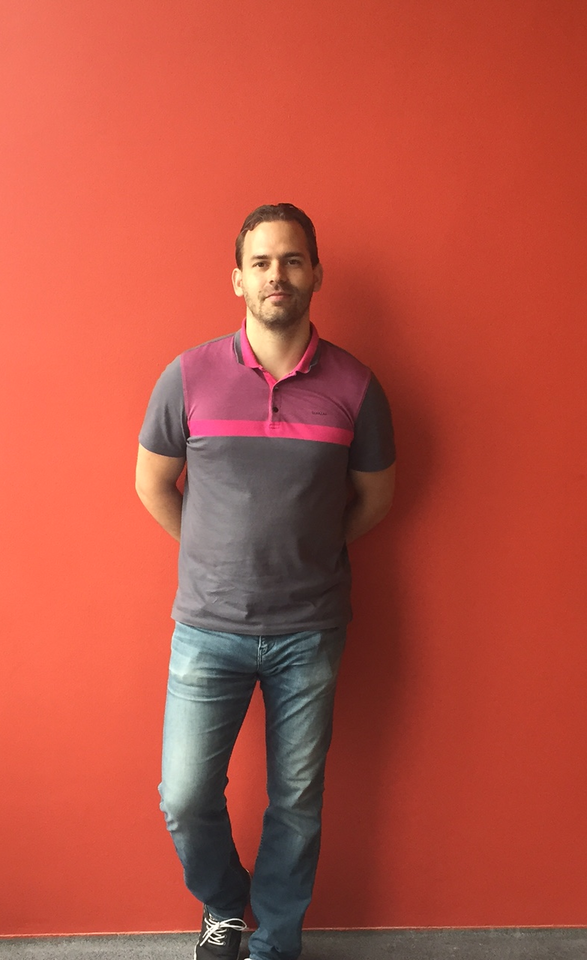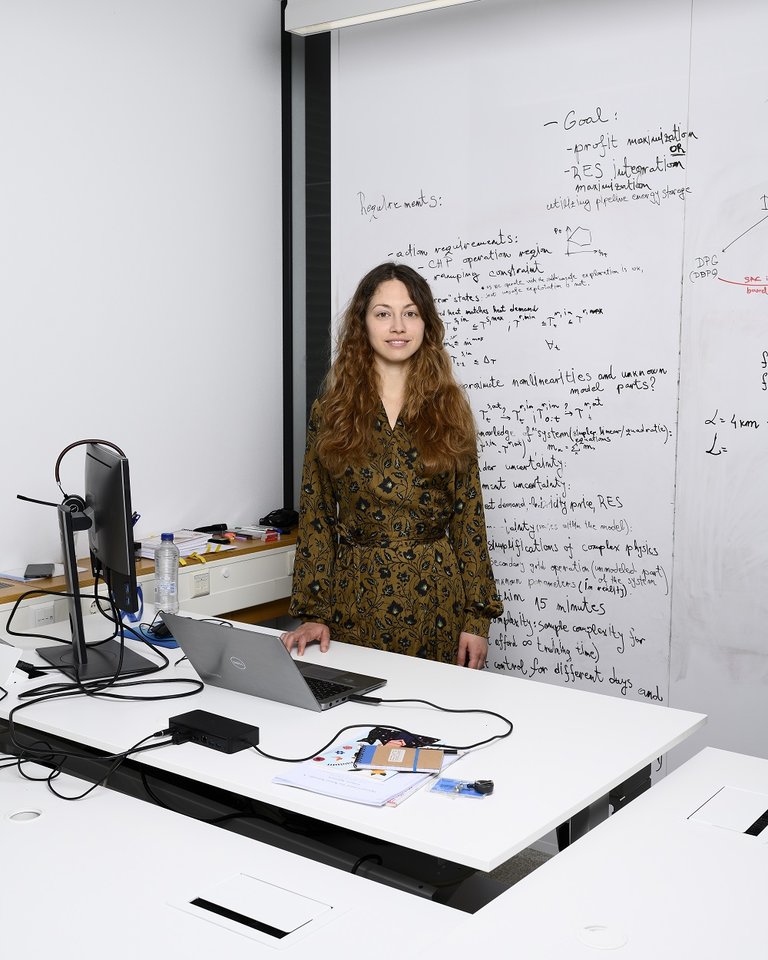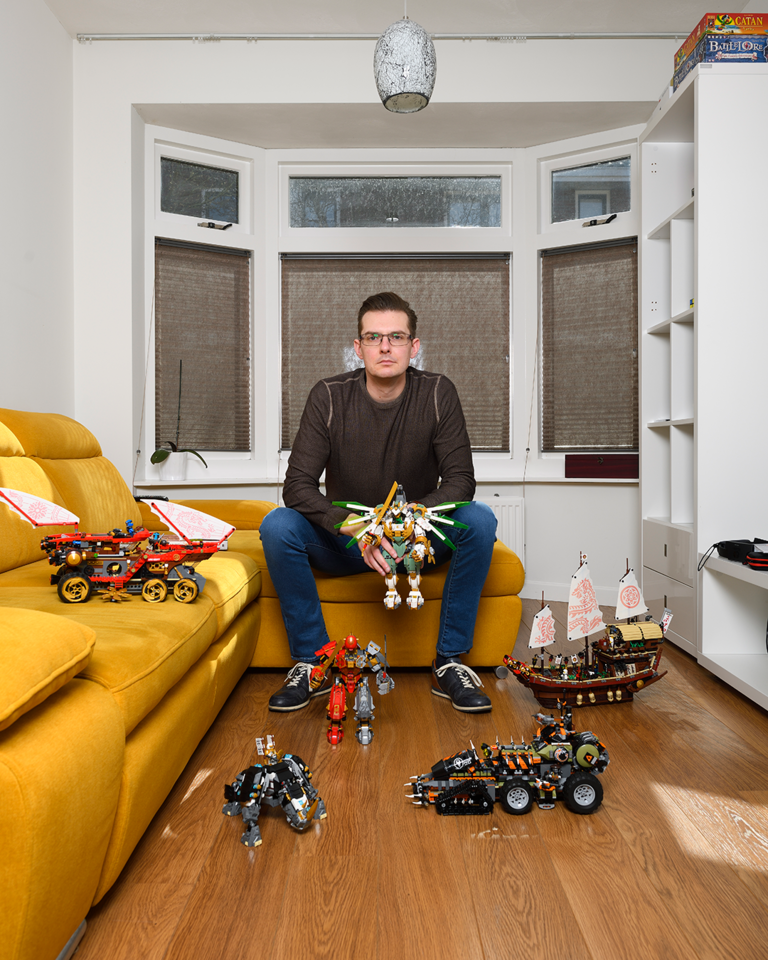Doing research, especially a PhD, is often compared to sporting on the highest level. Take for example a marathon, which is more than 40 kilometres - many runners become so short of breath at 10 kilometres that they think of stopping. It's the same with many researchers: after a year, they start to worry. I think it is very important to notice this in time. What's more, I often indicate at the start of the process that at some point you might start feeling uncertain. But it is perfectly normal to occasionally have difficulties during your research. And if everyone encounters this at some point, it also means that everyone can help each other. My door is therefore always open.
I do sometimes notice a grey area between social integrity and academic integrity. To give an example: a PhD student that comes to me to tell that they find certain criticism difficult to handle. Although I understand very well that criticism is not always easy, I cannot simply say that they can wave it away. As a person, I want to help, but as a professor I have to guarantee a high degree of academic quality. And it just so happens that if we want to achieve excellent results, we need to maintain a critical attitude. As such there are always two sides to someone's story, but also to my role as research section leader. I hope people understand that.
Integrity is about treating each other fairly, but also carefully. Because only with such an attitude can you cultivate mutual trust, so that you can be honest about your stumbling blocks. Fortunately, I have noticed that this transparency has increased a lot in recent years, but that doesn't mean we can leave it at that. That mutual trust requires maintenance. We all work differently, I understand that, but I honestly feel that everyone’s door should always be open.
In that respect, a lot has changed since I arrived in Delft more than thirty years ago. Not only have we become much more open as a community, I also notice that there is more and more knowledge, understanding and interest in other cultures. For example, I now have 32 nationalities in my group. Every culture has their own customs, and as a supervisor I have to take that into account: everyone is proud of their culture. You have to know and understand each other's different backgrounds. That is why I organise an annual dinner, not only with PhD students but with the entire group, with a certain country and its culture as the theme. India, Italy and Mexico were the past editions. By being open to each other's backgrounds, we can learn from each other and build bridges.
